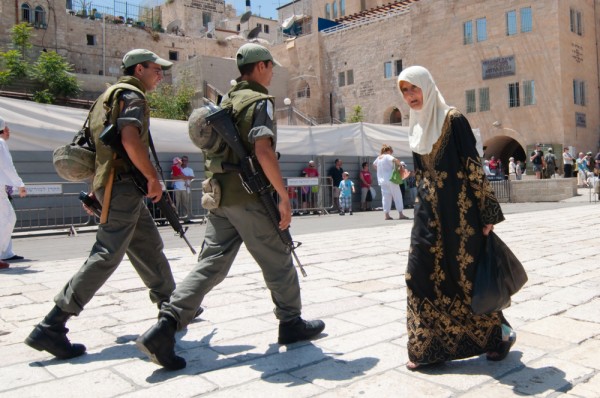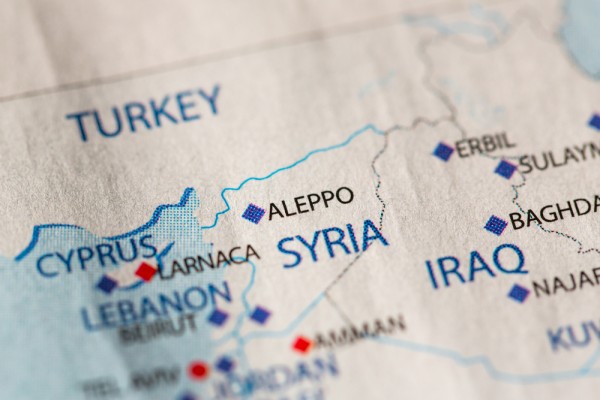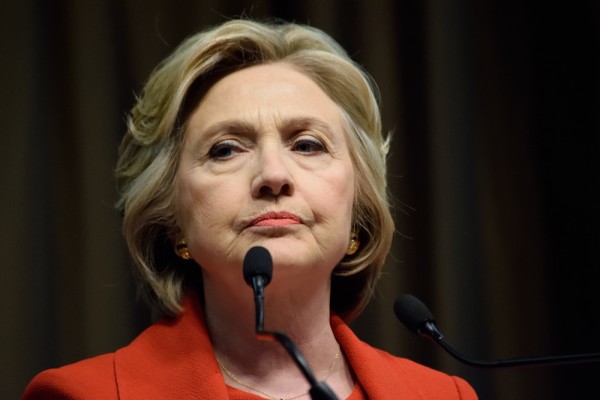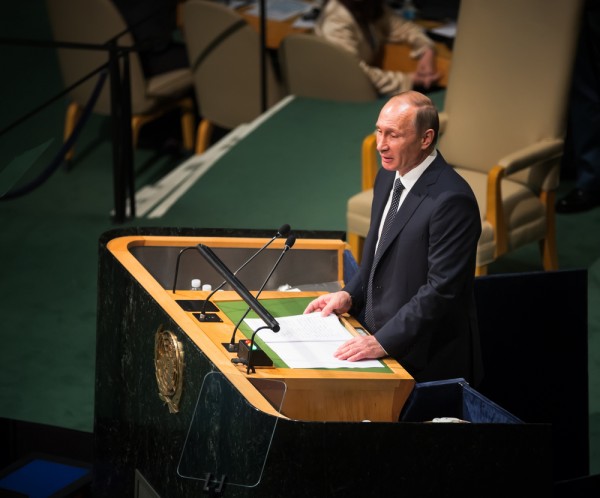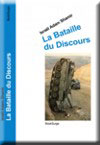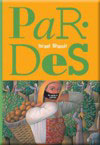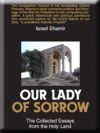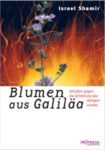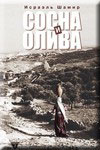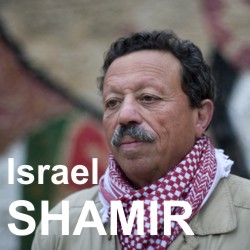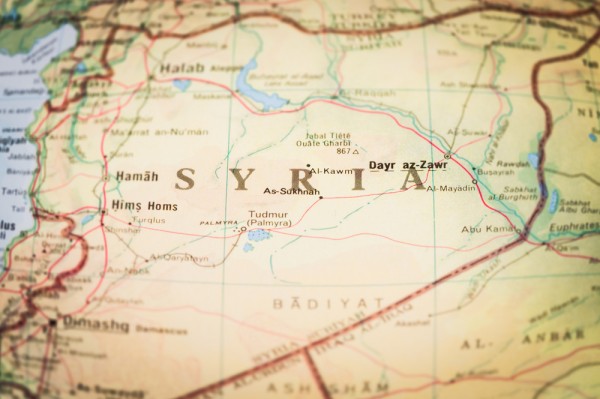
The recent Syria agreement signed in Geneva by Kerry and Lavrov (probably it will be remembered as “Pizza and Vodka deal”, as the journalists have been served these delicacies by the negotiating teams during the time they had to wait for the results) beside the points disclosed by the foreign ministers included five documents. The US insisted on keeping the content secret, despite Russian insistence to make them known. Here is what we learned about the contents of the secret documents and the negotiation process from our usually reliable Arab and Israeli sources.
The secret documents describe what should happen in Syria after the cease-fire will come into effect. The first day of cease-fire is called Day D. The Russians wanted it to begin at noon, while the Americans preferred sunset on Monday September 12, 2016. The American view prevailed. After first two days, at D+2, if cease-fire holds, the Russians and the Americans will extend it for a longer time. This actually happened on September 14, in a telephone conversation between Lavrov and Kerry. They extended it for another 48 hours. If it will hold for a week, hopefully the sides will extend it indefinitely and proceed to the next stage.
The sides will go into delineation of territories controlled by ISIL, Nusra and the moderates. Then ISIL and Nusra will be bombed to smithereens by the Russian and American Air Forces, while the moderates will be left in peace. The delineation, or the separation of sheep from goats is an old Russian demand that the Americans never fulfilled. Now, at least, they promised to do it. While ISIL could be “delineated”, Nusra is the strongest fighting opposition force in Syria, and it is connected with almost all other rebel groups. Without Nusra, the rest of rebels have little chance.
That is why a biggish rebel group called Ahrar al Sham insisted on extending the cease fire over Nusra-held ground, and refused to join the Cessation of Hostilities regime. Other rebel groups are also much distressed over Nusra’s misfortune.
Not only rebels; the Pentagon and Israelis also want to keep Nusra as their strongest force against Damascus. Ashton Carter, the US Secretary of Defence actively participated in preparation of the document by trying to block it or derail it altogether. Like the Israelis, Carter wants more war in Syria. He is one of the strongest anti-Russian voices in the Obama administration, and he would be very happy to humiliate Russia in Syria.
During the negotiations in Geneva, Kerry called the Pentagon and the White House every few minutes. The negotiators could not proceed with even the smallest amendments without approval by Carter or Obama. And Carter tried to improve upon the preliminary agreement of Obama and Putin concluded in Hangzhou. Eventually the last word was that of the US president and (with great difficulty) the agreement has been signed, but the feeling is that the Pentagon is unhappy with it and won’t regret it if the agreement fails. Carter even made his displeasure known as soon as the deal was signed.
A Kerry-Carter agreement would be a good thing; perhaps the State Department and the DoD can also agree to a cessation of hostilities, the negotiators joked. The Pentagon is in cahoots with the rebels and tries to curry favour with them, said Lavrov. This remark was connected with the previous stage of the negotiations, with the nasty surprise served by Michael Ratney. The US Syrian envoy threw open the door to the diplomatic kitchen where the Americans and the Russians had cooked a secret deal. Our negotiations “aren’t based on trust”, said the polite envoy; he accused the Russians and their Damascus allies of acting “in bad faith”, and stressed that “The United States has not begun to coordinate with Russia in Syria, militarily or otherwise, whatever the Russians say”.
The Russians were properly annoyed. It is bad enough to see your confidential deliberations made known to every Tom, Dick and Abdul; it is worse to be accused of bad faith and to hear about lack of trust. The worst was the misrepresentation of the Russian positions. Ratney claimed Russians will enforce the no-fly zone for the government air force all over Syria; they will end the siege of Aleppo. Bashar Assad was stunned. The Riyadh-based opposition added insult to injury demanding “regime change” and “Assad must go”, while the US presented this particular opposition group as the legitimate representative of Syrian people.
Ratney demanded a “complete cessation of military operations”, withdrawal of government’s vehicles and heavy weapons, opening of Aleppo and then “stopping the regime planes from flying”. He wanted to keep Aleppo accessible not only for humanitarian aid, but for weapons as well. The Russians insisted on Syrian government checkposts on the road to Aleppo; Carter and Ratney were against it.
We can tell you that according to the signed agreement the Russian point of view prevailed. The traffic to Aleppo by Castello Road will be monitored and checked. The humanitarian loads will be checked at the point of loading into the trucks and sealed. More checkpoints on the road will check that the seals aren’t broken until the trucks unload their stuff at the UN warehouses in Aleppo. The idea is to prevent arms being delivered in the humanitarian convoys, as it happened many times with deliveries from Turkey.
The checks will be done by the Syrian Arab Red Crescent, and later by a UN agency. The civilian, humanitarian and commercial traffic will be able to roll to and fro Castello Road freely, subject to checks. The rebels and the government forces will not snatch each other’s territories, will not improve their positions in the designated areas.
The Pentagon demanded a no-fly zone for the Syrian air force all over Syria, but by the agreement, the Syrian air force will stop flying battle missions only over designated areas. The Russians say this condition will not undermine their strength, as the Syrian military aviation is anyway a negligible force in comparison with the Russian Air Space Force, and the Russians will keep flying. They proved this point on September 14, as they bombed away a rebel force that took positions threatening Palmyra.
Any Syrians including armed rebel fighters can leave Aleppo by Castello Road freely to any destination whatsoever. This is an important point. If they want to fight, let them get out of the city. If they are tired of war and want to go home, let them. This was the Russian view as well, while Pentagon insisted to keep the armed and fighting groups in Aleppo. It is not clear what will happen with non-Syrian fighters; perhaps they will be able to get out after laying down their weapons.
After one week of no hostilities, the Americans and the Russians will set up the JIC, the Joint Implementation Center, where they will share information and jointly fly missions against ISIL and Nusra.
And in a short while, the political process will resume, under auspices of Staffan de Mistura, the UN envoy in Syria. This is no less problematic than the military part.
The sides hold very different views: the US and its allies apparently prefer to carve Syria into a few statelets: a Sunni statelet, a radical Sunni statelet, a Kurdish statelet, and the rump-Syria containing the Alawite and Christian territories with the Russian bases. On the other hand, Damascus and Moscow prefer to keep Syria united.
Whatever is the outcome, fate of Aleppo, the second biggest city of Syria, is paramount. Some limited successes of the Syrian army and its Russian and Iranian allies in Aleppo (they cut supply routes to the rebel-held part of the city) already had caused quite a crisis in the Russian-American relations. The liberal interventionists felt fresh air in their sails and published touching pictures of suffering civilians calling for Western intervention “to save people of Aleppo”. The harsh word “ultimatum” hovered in the air, while the US administration tried to make a new record of brinkmanship. The Damascus government hoped to liberate Aleppo and consolidate the territories under its control, while the Americans wanted to keep at least half of Aleppo in the hands of the rebels to prevent Assad’s victory.
The turning point was the Obama and Putin discussion in Hangzhou. The meeting had been tense. The leaders exchanged a stare of death, much photoshopped. The Washington Post said Obama gave Russia an ultimatum, make or break proposal; Russians fumed, especially as the meeting has been preceded and followed by two rounds of additional “sanctions”, on September 1st and September 6th.
Despite these problems, the agreement was reached. What next? After the cessation of hostilities will be established, there should be negotiations between the Government and Opposition in Syria, but the US and its allies would like to keep the government of Bashar Assad out of negotiations. They actually prefer to limit negotiations to the different groups of rebels, as they say, President Bashar Assad had lost his legitimacy, he said. The Russians disagree. They say: the government representatives sit in the UN, there are ambassadors and embassies in Damascus. You may dislike Assad, but that does not make him illegitimate, said Lavrov to Kerry.
Now the arrangements of the cease fire are not proceeding smoothly. The UN personnel supposed to man checkposts should get visas; Damascus does not want to give visas to the British: they could be spies, they say. They agree to Indians, or other neutrals. The UN and the Red Crescent waited for assurances of their safety from the government and the rebels, and apparently none were forthcoming. The rebels are reluctant to move away from their positions, and the government troops were waiting for them to move. But the general level of violence has been greatly reduced.
The chances for success or failure are more or less even. Nusra keeps a low profile in the North, but they instigate other groups to refuse the cease fire. Pentagon is not keen to share information with the Russians. And the Russians can’t make peace alone. On the other side, the Syrians are very tired of war, and they are happy to have even a lull in violence. The next few days will show whether this agreement will lead to peace, or will it being used for the sides to consolidate and improve their positions for the next outbreak of fighting, as it happened in February.
Meanwhile the government forces have a new (or rather old) enemy: Israel. Israelis support Nusra forces in the vicinity of the armistice line between Syria and Israeli-occupied Syrian Golan Heights. As Nusra fought against the government army, some shells flew over and fell on the Golan territory. The Israelis used it as a pretext to attack Syrian army. The Syrians said they downed two Israeli planes, a fighter and a drone, by their old reliable Russian-made anti-aircraft missiles. Israelis deny that with unusual vehemence. It seems that an Israeli drone has been downed, while a jet, even if it was hit, succeeded in returning home.
The Syrian government gave a lot of publicity to this encounter in order to stress that the rebels fight on Israeli side against their Arab brothers. But friendship between Nusra and the Jews is hardly a secret: pictures showing Israelis helping Nusra fighters appeared in the Arab and Israeli media. And this assistance is not limited to medical help: Israelis are determined to keep the Syrian army farther away from its borders.


